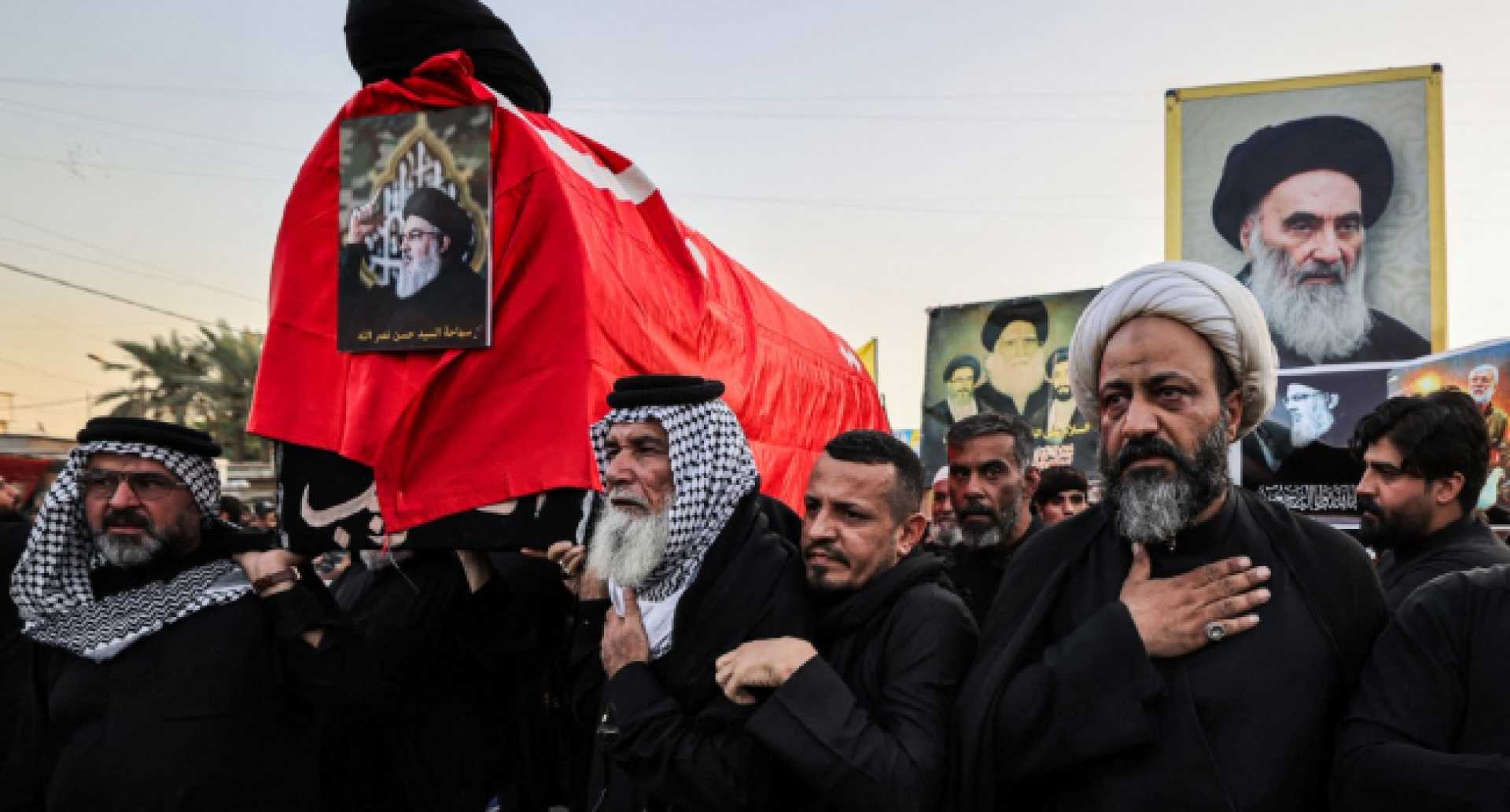World
Israeli Strikes Kill Hezbollah Member and Iraqi Militant in Tehran

TEHRAN, Iran — Iranian Air Force military operations intensified on Saturday following an Israeli airstrike that killed senior members of Hezbollah and an Iraqi militia in Tehran. The strike targeted Abu Ali Khalil, a long-time bodyguard of the late Hezbollah leader Hassan Nasrallah, along with a member of the Iran-aligned Kataeb Sayyed Al-Shuhada group.
According to a senior Lebanese security source, Khalil was in Iran for a religious pilgrimage when the airstrike occurred. He was accompanied by a member of the Iraqi militia, and both were killed during the attack, which also claimed the life of Khalil’s son.
Hezbollah officials confirmed the deaths and stated that they have not participated in Iran’s recent airstrikes against Israel from Lebanon. The Israeli military has been conducting strikes across Iran in response to perceived threats, claiming that Tehran is close to developing nuclear weapons.
The Israeli offensive has escalated since the beginning of the month, with strikes reported in multiple cities, including Tehran, Qom, and Isfahan. Eyewitness reports indicate that the strikes targeted nuclear facilities, missile infrastructure, and military personnel.
Among the casualties was Saeed Izadi, commander of the Quds Force’s Palestine Corps, noted for his role in funding armed conflict in the region. Israeli Defense Minister Israel Katz referred to Izadi as instrumental in orchestrating attacks against Israel.
The strike in Tehran also resulted in the death of Iranian nuclear scientist Isar Tabatabaei Ghomsheh, alongside his wife. The Isfahan nuclear site was reported among those hit, raising international concerns about Iran’s nuclear ambitions.
Amid rising tensions, the United States has been repositioning its B-2 bombers in the Pacific, potentially gearing up for involvement in the conflict. U.S. President Donald Trump is expected to decide on U.S. military involvement in two weeks, but Israeli officials express urgency, stating they may not wait for the deadline.
Iran’s Foreign Minister, Abbas Araqchi, condemned U.S. involvement as dangerous and insisted that negotiations cannot occur under bombardment. As the situation unfolds, the potential for further military escalation looms over the region.












